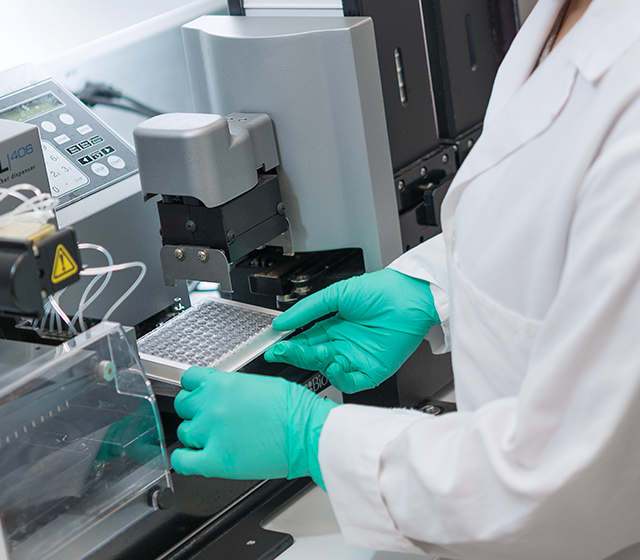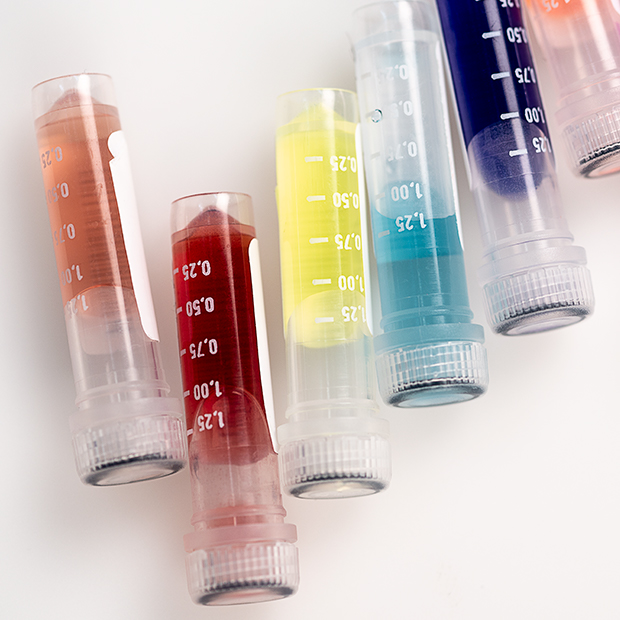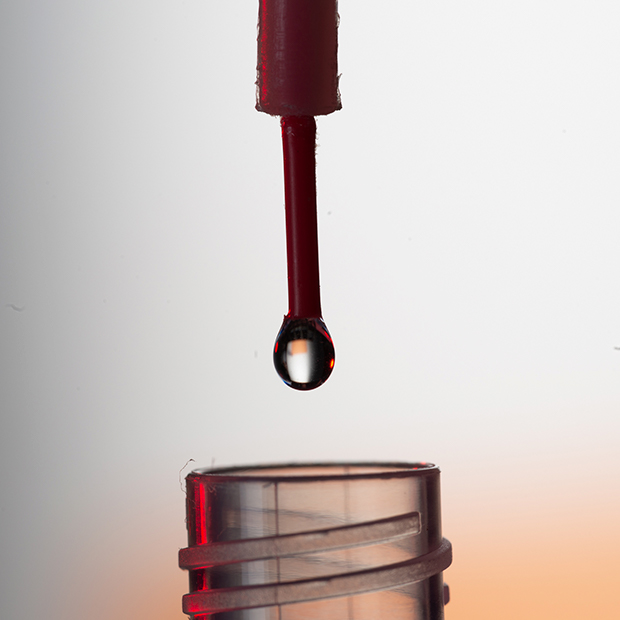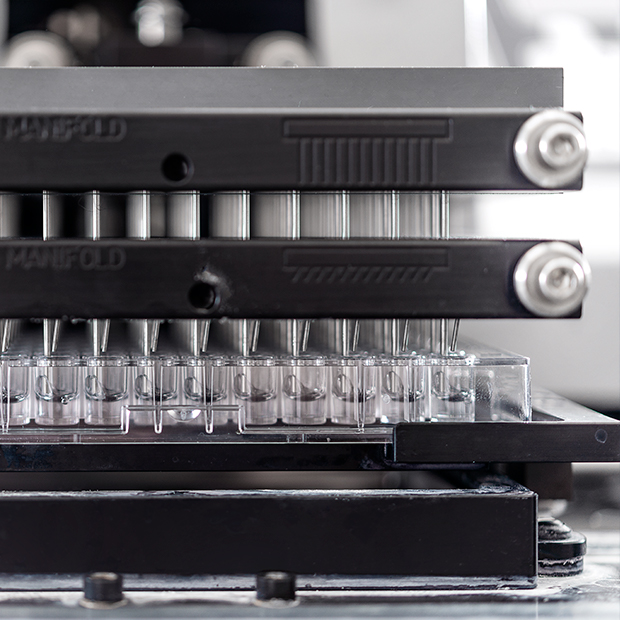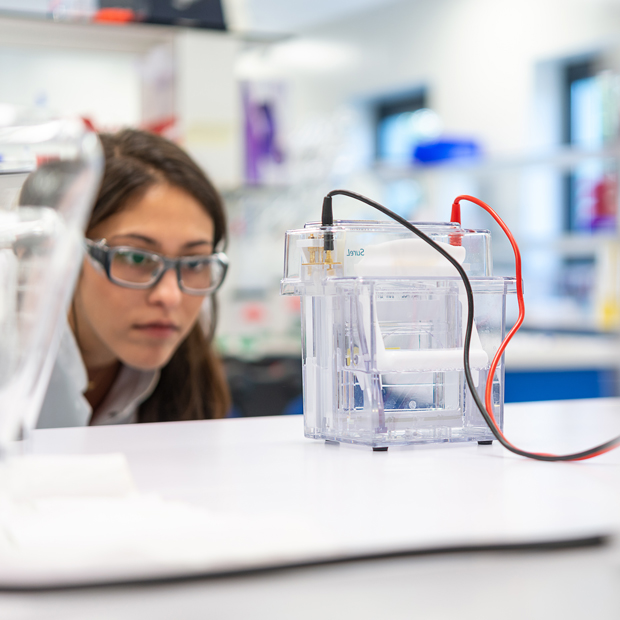Antibodies additional services
ELISA Testing
ELISA’s are important tools during the course of an antibody program, as they allow to monitor the immune response while the program is ongoing, and to characterize the antibodies when available.
Immune response monitoring
Why make an ELISA screening?
ELISA screening allows to follow the antibody titer evolution in an immunized host, and to determine if an antibody program may be terminated or should be prolonged. To proceed, enough antigen should be available.
What will be tested?
To monitor an immune response evolution, we test in parallel dilutions from the pre-immune serum (collected just before starting the immunization) and the large bleed (collected 2 months post-immunization for classical programs, 21 days post immunization for speedy programs). Each sample is tested against the antigen, and possibly positive and negative controls.
Case of peptide antigen
If the antigen is a peptide, we will test separately the peptide and the protein carrier
Case of Double X programs
In Double X programs, where hosts are each immunized against two peptides, the serum of each host is tested separately against the carrier and the two peptides to compare the antibody signals from each peptide individually.
Case of PTM programs
In PTM programs, the serum of each host is tested against the carrier, the non-modified peptide, and the modified peptide.
Deliverables
Each ELISA service is accompanied by a test report which including the experimental settings, the signal intensity values and the graphical plot of signal intensity over sample dilution.
It is sent to the customer together with the remaining free peptide (if applicable) and all the tested antisera.
This allows directly checking the serum samples in the final application.
Causes of a lack of titer
A lack of titer evolution may be due to :
Low antigen immunogenicity
Antigens with molecular masses higher than 100 kDa (large proteins, cell extracts, inactivated viruses…) are usually excellent immunogens, while low molecular mass antigens (< 10 kDa), usually referred to as haptens, may escape to the host’s immune system. Should a hapten be used as the antigen, it must be conjugated to a carrier to increase the size.
The most used carriers are:
|
Carrier |
Advantages |
Disadvantages |
|---|---|---|
|
KLH* |
|
|
|
BSA |
|
|
|
OVA |
|
|
|
THY |
|
|
Légende : Protein carriers: high molecular weight; good antigenicity
Note : * KHL is a respiratory heme protein from the sea snail Megathura crenulata; no homology to vertebrate proteins, and no homologies to proteins that are used in the most common lab applications for blocking, like BSA
MAP carriers
Too low antigen quantities
The antigen quantities vary with the host and the antigen type.
| Min. antigen quantity / injection | ||
|---|---|---|
|
Host |
Antigen |
Antigen MW |
|
Mouse |
40 µg |
15 µg |
|
Guinea pig |
50 µg |
30 µg |
|
Rat |
50 µg |
30 µg |
|
Chicken |
200 µg |
100 µg |
|
Rabbit |
200 µg |
100 µg |
|
Goat |
400 µg |
200 µg |
|
Sheep |
400 µg |
200 µg |
|
Llama |
400 µg in max 5 ml |
200 µg |
|
Horse |
400 µg |
200 µg |
The dose of an antigen, if too high or too low, may or may not elicit an immune response.
Homology between the antigen and the host
The lower the homology between the antigen and the host, the higher the immune response. Accordingly, highly conserved mammalian proteins may be poorly antigenic if injected in mammals, and the selection of a chicken host may be a good alternative.
